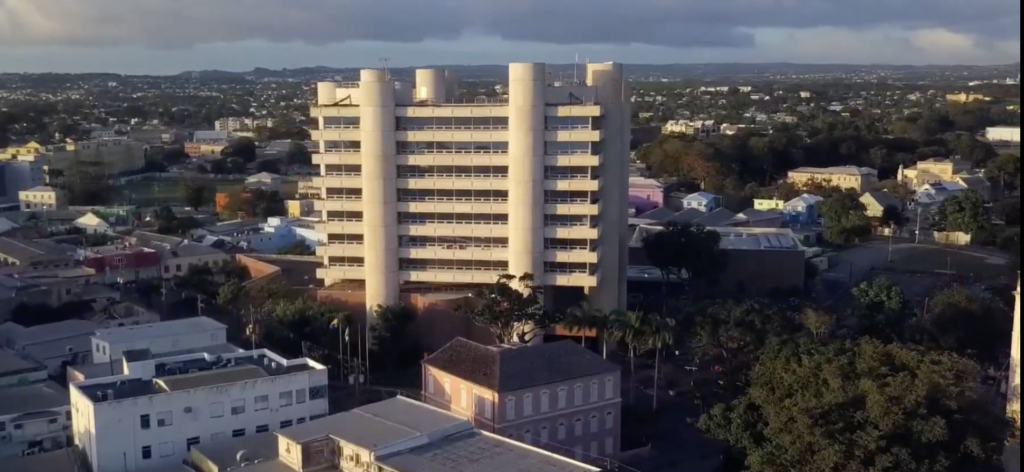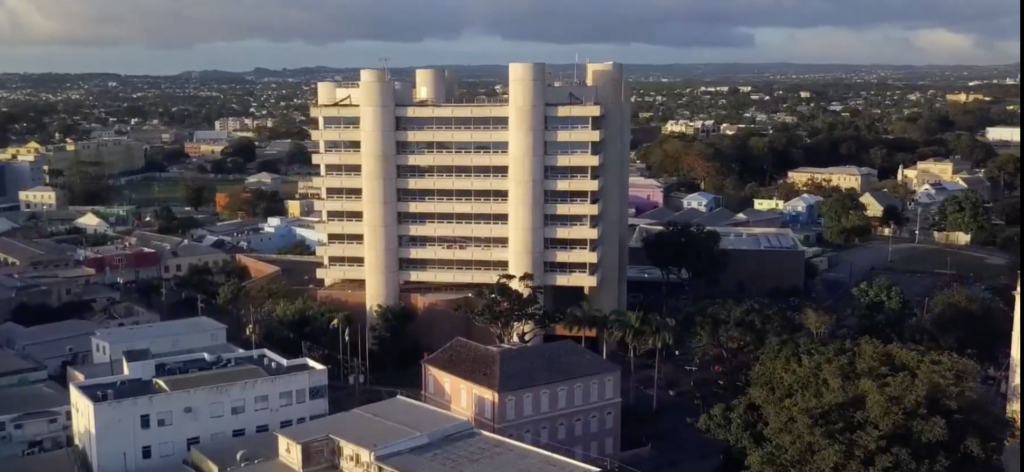
Two university economists and a consumer advocate have praised the country’s ability to record 3.9 per cent growth for the first nine months of this year but expressed concern over how this has been achieved.
Dr Antonio Alleyne, a lecturer in economics at the University of the West Indies: Cave Hill, said on Thursday that the Central Bank should temper any enthusiasm it may have in the third-quarter assessment presented on Wednesday by Governor Dr Kevin Greenidge.
“It is almost a fair economic review,” Alleyne told Barbados TODAY. “However, I think the Central Bank should not look too optimistic about its review. I think the balancing of the scale hasn’t been fair in terms of whether or not the economy is really, truly… on the right path, but it has a number of considerations we need to take into account.
“The debt obligations are higher than they were before. They went from $702 million to $769.2 million. That’s a five per cent increase. Now, that obligation can put strain on our financial resources. He talked a lot about the need for investment, which is actually true; we need investment, but bear in mind our debt level is still high. It has come down, but our obligation has increased. That is also affected by the issues of inflation.
“So, when the debt obligation or those interest rates increase, those could have implications for government by putting a strain on government’s resources and government’s capacity to cater to expenditure for the same investment purposes,” the economics scholar added.
Dr Alleyne also urged the government to be more vigilant about its fiscal strategy because of the country’s “overall reliance on debt financing.
“I know that Governor Greenidge talks about ‘you need to go into debt to finance spending in the right place’. But history has shown that Barbados doesn’t always spend in the right place,” the economist argued.
He also cautioned that the government can only achieve effective resilience by boosting food security through building on agriculture. Alleyne said innovation is required in agriculture, especially to address the impact of climate change, the vagaries of the global food supply, and adverse weather conditions on food crops and poultry. He identified the high import bill and imported inflation as challenges needing greater attention.
The economist added that while Greenidge did not mention crime in his review, it is a crucial factor that can influence investment and, as a result, growth.
Another UWI economist, Dr Ankie Scott-Joseph, also applauded the nine-month economic performance but raised similar concerns, including the controversial issue of debt.
“Interest payments on debt remain high because of the increased rates on domestic restructured debt and new borrowing from the previous fiscal year,” she told Barbados TODAY.
“The government remains understandably challenged and constrained. The cost of servicing the debt will grow, especially if interest rates are high. Changes in tax rate/base will be required over time to smooth debt financing. If debt or taxes are excessively high, it may not be feasible to increase spending to support growth.”
The lecturer in economics suggested that macroeconomic adjustments might be necessary to prevent an “unsustainable” fiscal position with high debt.
Scott-Joseph noted that concerns arise because debt financing acts as a substitute for taxation, which allows governments to maintain or increase public spending, at least temporarily, without the need to legislate tax increases.
“If debt is not linked to inflation, and growth-adjusted interest rates on the debt are not considered, government investment effect will be dampened,” the economist added.
She said that the increase in direct tax revenues is a commendable outcome but needs careful monitoring.
The Barbados Consumer Empowerment Network (BCEN) also described the Central Bank’s report of steady economic growth and resilience amid global challenges and the impacts of Hurricane Beryl as encouraging.
It saw the 3.9 per cent rise in real GDP, coupled with improvements in tourism, business services, and construction, as reflecting the “positive strides Barbados has made under the Barbados Economic Recovery and Transformation (BERT) Programme”.
“However,” executive director Maureen Holder added, “as BCEN evaluates these achievements, it is worthwhile mentioning that this growth is taking place under the constraints of an IMF programme. While the BERT programme has been essential for fiscal stabilisation and has undoubtedly helped maintain high levels of international reserves and a strong external position, it has also brought budgetary constraints that affect the daily lives of consumers in Barbados.”
She added: “The austerity measures required under the BERT Programme impact public spending on essential services and infrastructure, leaving many consumers and businesses with challenges that economic growth statistics alone do not capture.
“BCEN recognises the importance of adhering to the BERT Programme, but we urge that future policies strive for greater balance between fiscal discipline and social support so that all Barbadians can share in the benefits of economic resilience. It is our hope that Barbados’ growth will not only strengthen our economy but also improve the well-being and prosperity of every Barbadian household.”
Holder pointed out that many Barbadians continue to grapple with high prices, particularly for essential goods, utilities, and services. Holder said the moderation in inflation reported by the central bank governor, though encouraging, has not been sufficient to offset the significant price increases consumers have faced in recent years.
BCEN urged policymakers to consider more targeted interventions to ensure that economic progress translates into tangible relief for consumers.
emmanueljoseph@barbadostoday.bb
La afiŝo Experts applaud 3.9% growth, fret over mounting debt, fiscal strategy aperis unue la Barbado Hodiaŭ.
Funkciigita de la Echoa RSS-Kromaĵo de CodeRevolution.


Lastatempaj Komentoj